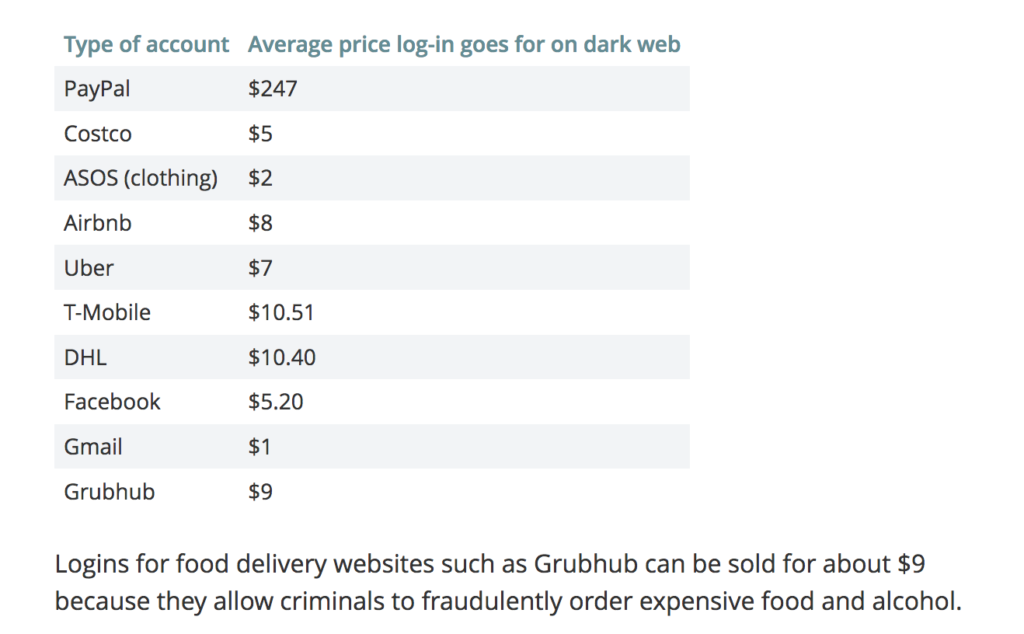Can’t think of a better summing-up of this astonishing and infuriating fiasco than this commentary from eiDigest (a daily newsletter I get every morning):
The Daily Mail‘s Sarah Vine thinks that as a saga of government and civil service incompetence, of ineptitude bordering on cruelty, of ingratitude, ignorance and failure, the Home Office’s disastrous misjudgment in relation to the children of Windrush arrivals from the Commonwealth countries takes some beating. That said, it’s not the first time we’ve been here: a decade ago, Gurkha veterans — natives of Nepal who have served alongside British soldiers for almost 200 years, with more than 50,000 dying in service and 13 receiving the Victoria Cross — were forced to take the Labour government of the day to the High Court in order to win the automatic right to settle here. And now, we’ve let it happen again.
In The Guardian Tanja Bueltmann says that when even the Daily Mail – usually the anti-immigration cheerleader – lambasts the government for mistreating immigrants, calling it a “fiasco that shames Britain”, it is clear that the situation really is very bad indeed. The treatment of the Windrush generation is as shameful as shameful gets, and no apology or U-turn can undo the harm already done to people’s lives. The extent of that harm remains somewhat unclear, however. Although we can get an idea from the many devastating personal accounts, the full reach is not yet known. While the immigration minister, Caroline Nokes, noted on Monday that Windrush-era citizens had been wrongly removed from the UK, it now transpires that the government does not actually know what has happened. Only now is the Home Office checking whether anyone has actually been deported.
The i‘s Oliver Duff notes it is only through campaigning reporting (from newspapers across the political spectrum) that ministers have belatedly been stirred to action. The Windrush scandal is a shameful chapter for a government that wants, and needs, to open Britain to the world. Immigration can never be reduced to numbers, despite Mrs May’s obsession: it is about people, and we are a richer nation for many of those who have chosen to make their lives on these islands.

